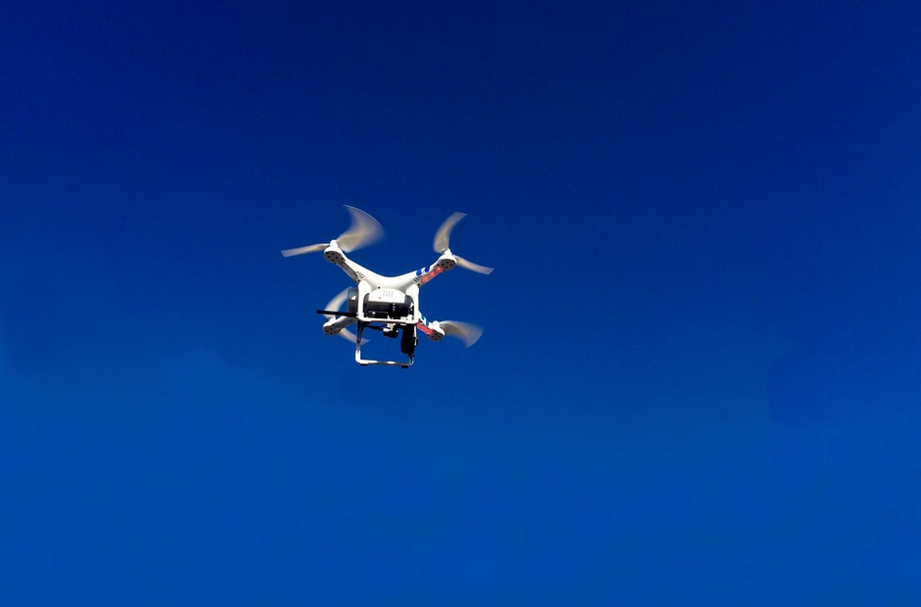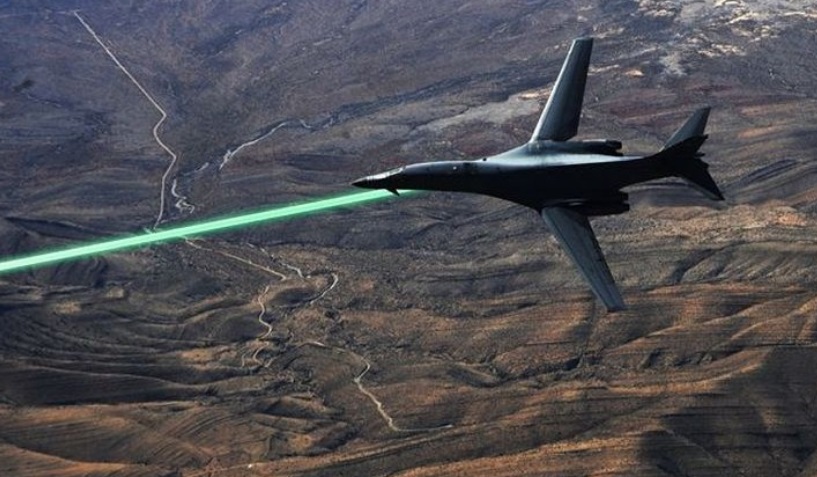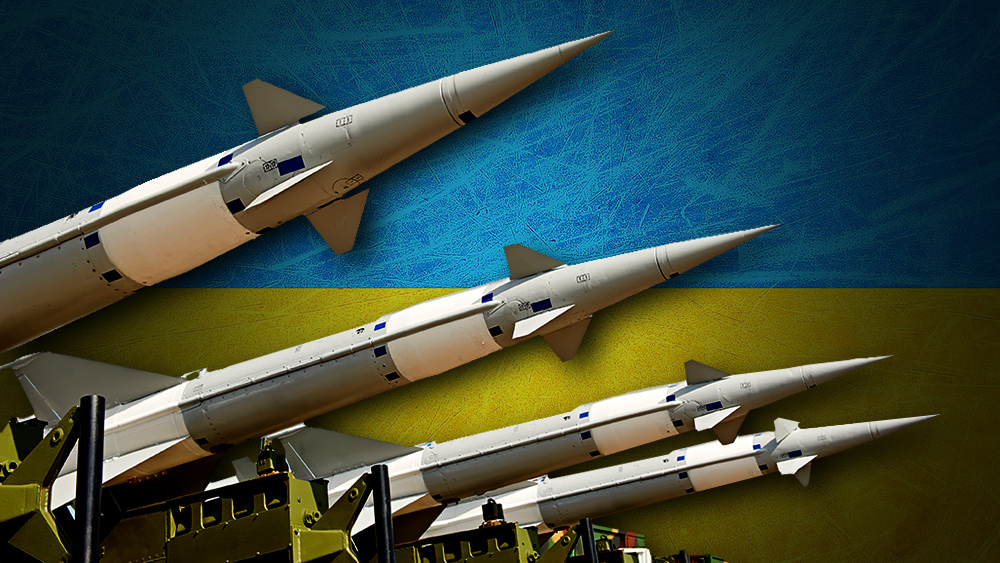Chinese researchers develop autonomous drones that can track people through dense forests
05/09/2022 / By Arsenio Toledo

A team of scientists from Zhejiang University in China has just released footage of a swarm of drones flying through a dense forest to track down human targets.
The two-minute-long video features a group of 10 palm-sized drones that scientists noted weighed less than a can of soda. The drones can be seen navigating through a dense bamboo forest by moving through gaps between bamboo trunks and navigating uneven ground, weeds and tangled branches.
In their latest experiments, the researchers proved that the swarm could easily track a human target as he walked through the forest. The drones even stayed focused on him when he disappeared from their view. The swarm was also able to avoid moving objects such as people walking in front of them.
The emerging technology works by using an algorithm that brings together collision avoidance, flight efficiency and swarm coordination. The flight plan of the drones is updated every few milliseconds.
The drones communicate with one another to stay in formation. They share data collected onboard using depth-sensing cameras to map their surroundings. This means that if one drone sees its path is blocked, it can transmit this information to the rest of its flock so they can avoid this route and plot a new one. (Related: China ramping up production of military drones to rival US drone fleet, leaked defense ministry document shows.)
Current applications of drone swarm technology are fairly limited. Its most common use today is to create elaborate light shows. The drones used in these events follow preset trajectories with no obstructions using tracking technology to orient themselves.
“This is the first time there’s a swarm of drones successfully flying outside in an unstructured environment, in the wild,” said Enrica Soria, a roboticist for the Swiss Federal Institute of Technology in Lausanne.
Concerns raised about potential future application of technology
The researchers involved said the drone swarms could be used for disaster relief and ecological surveys.
“In natural disasters like earthquakes and floods, a swarm of drones can search, guide and deliver emergency supplies to trapped people,” they wrote. “For example, in wildfires, agile multicopters can quickly collect information from a close view of the front line without the risk of human injury.”
But experts have noted that the work of the researchers has clear military potential, especially as China, the United States, Russia, Israel, the United Kingdom and Turkey are all investing heavily in research that advances drone technology. Militaries are also investing in drone swarms and in their potential applications during wartime.
“The capability to navigate cluttered environments, for example, is desirable for a range of military purposes, including urban warfare,” said Elke Schwarz, a specialist in the use of drones in combat and a senior lecturer at Queen Mary University of London. “As is the ability to ‘follow a human’ – here I can see how this converges with projects that seek to develop lethal drone capabilities that minimize the risk to on-the-ground soldiers in urban environments.”
The research from Zhejiang University rapidly advances the potential of drone swarms. Schwarz noted that while this is indeed a technological achievement, the fact that it advances the field of drone technology can obscure tricky questions about how such technology should be used.
Schwarz cited the observations of Norbert Wiener, a 20th century U.S. mathematician whose work laid the foundations for the development of artificial intelligence. “[Weiner] said – in the 1960s – that there is a disastrous focus on and obsession with ‘know-how,’ which tends to eclipse the moral question we should be asking: What is it good for?”
Read more about drones and drone technology at DroneWatchNews.com.
Watch this video as a swarm of 10 autonomous drones developed by Zhejiang University maneuver through a bamboo forest in China.
This video is from the Daily Videos channel on Brighteon.com.
More related stories:
US weapons package for Ukraine includes 100 KILLER DRONES.
UN report: Killer AI drones with no remote pilot hunted down humans.
Sources include:
Submit a correction >>
Tagged Under:
artificial intelligence, autonomous drones, China, computing, drone swarm, drone warfare, drones, future science, future tech, innovations, inventions, military technology, privacy watch, robotics, robots, surveillance, watched, weapons technology
This article may contain statements that reflect the opinion of the author
RECENT NEWS & ARTICLES
COPYRIGHT © 2018 MILITARYTECHNOLOGY.NEWS
All content posted on this site is protected under Free Speech. MilitaryTechnology.news is not responsible for content written by contributing authors. The information on this site is provided for educational and entertainment purposes only. It is not intended as a substitute for professional advice of any kind. MilitaryTechnology.news assumes no responsibility for the use or misuse of this material. All trademarks, registered trademarks and service marks mentioned on this site are the property of their respective owners.



















